Impact of Disruption on the HR Function: Culture Building

Given that AI and machine learning are permeating through all facets of an organization, it is only natural to expect that Culture Building would be one of the key areas that stand to benefit.
How does the deployment of emerging AI digital technologies help build Culture?
To begin with, culture is being assessed during the recruitment process through the combined use of neurosciences and machine learning. This is proving particularly effective around solutions that aim to remove bias in the assessment process. Advanced facial recognition technologies deployed during video interviews are providing far more insight into a candidate’s fit around an organization’s values.
Digital tools are proving very effective in understanding the employee mindset and getting feedback at regular intervals. In the past, the bigger an organization the more challenging this would be for the HR function. However, for an AI chat-bot capable of sentiment analysis — a major breakthrough even by modern AI standards — this is an easy task as it can have multiple conversations at the same time. It is no longer necessary to carry out intrusive surveys — emotion sensors, data from emails/Slack/other communication tools, etc can help HR proactively ascertain employee engagement levels, identify problem areas and build the right work culture.
Most digital solutions are rapidly democratizing information as data is available freely not just to management but also employees. As an example a performance feedback tool enables the entire team — not just management, to understand where they stand on common deliverables. Learning products are providing customized and curated solutions to individual employees and strengthening their ownership of their own development. Talent matching solutions using advanced machine learning are enabling employees in project-based businesses to reach out for the right skills and expertise directly without the intervention of a centralized function. This is building up to higher levels of collaboration. Wellness applications are helping business leaders improve productivity by proactively understanding areas of stress through its AI tools.
HR leaders stand to benefit a great deal in terms of effectiveness as well as efficiency by embracing AI to sift through real-time data, predict workforce trends, and build the desired work culture.
We are delving deeper into other aspects of the impact of disruptive technologies in the employee and talent space in a series of articles in the following weeks. This is the fifth article in the series.
Originally published at www.hrtechpartnership.com

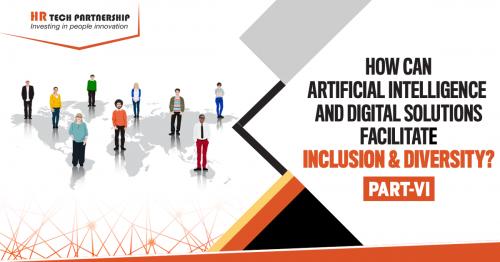

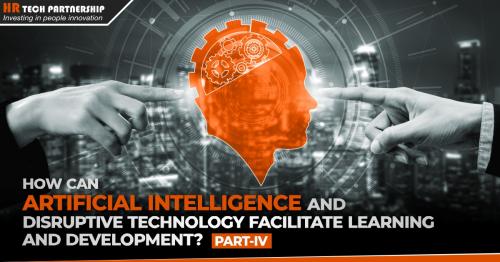
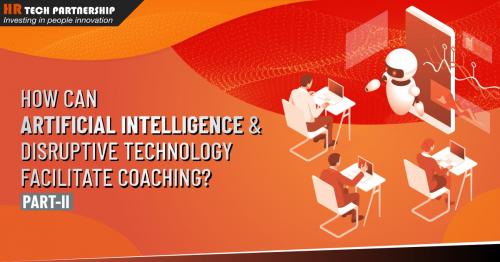
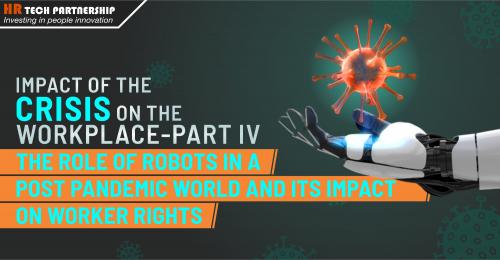
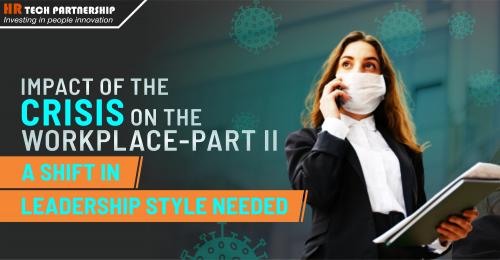


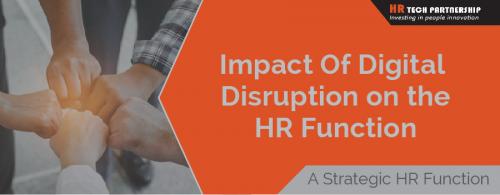
Comments